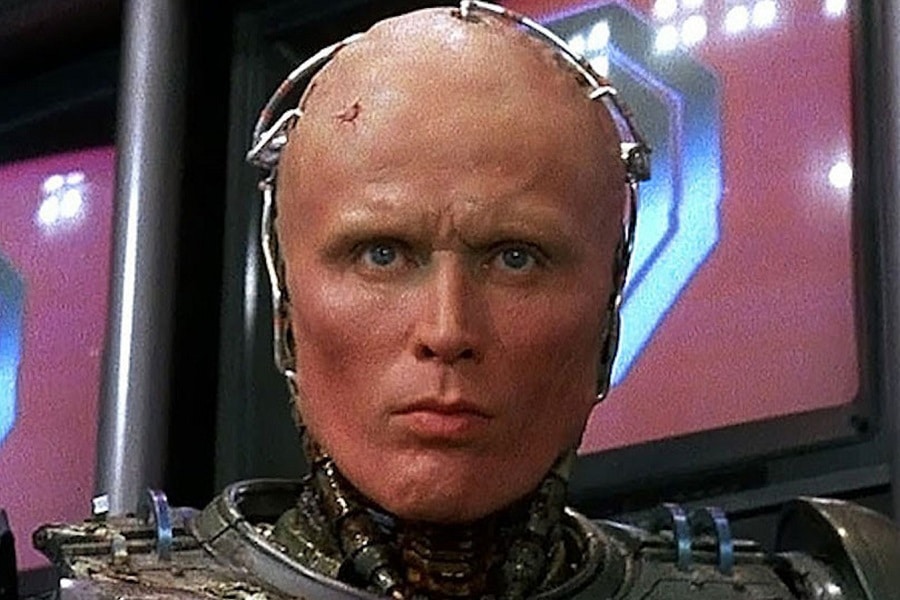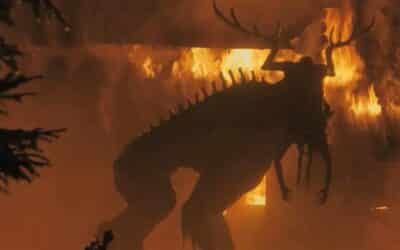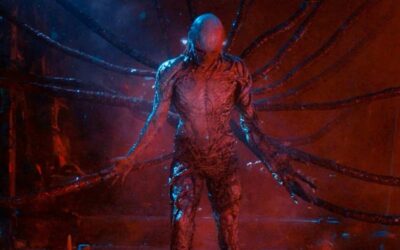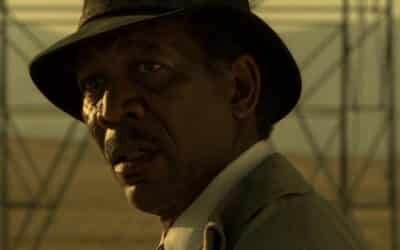
RoboCop as a Horror Thriller
In the beguiling realm of film and literature, a ‘horror thriller’ stands as a genre that skillfully amalgamates elements of suspense, surprise, and apprehension, with an overarching shroud of fear, terror, and menace. Such tales often lead the audience down an unpredictable labyrinth where fear unfurls like a blooming nightshade, releasing a steady, chilling stream of dread.
Upon this landscape of shivers and suspense, the figure of RoboCop looms large. With a cybernetic body that gleams under the neon city lights and a pair of unflinching eyes that scan Detroit’s dystopian streets, RoboCop is a figure often associated with science fiction. However, delve into the depths of this seemingly metallic narrative, and one will find riveting elements that repackage RoboCop as a potent, unnerving horror thriller.
A pre-eminent reason that pins RoboCop onto the corkboard of horror thrillers is the pulsating narrative of body horror. The gruesome transformation of Officer Alex Murphy into the mechanized RoboCop is a spectacle that not only churns the stomach but also churns the waves of horror. It’s a grim representation of the human body being brutally invaded, maimed, and reassembled – elements that are hallmarks of body horror in both film and literature.
Shadowing the body horror is the eerie transmutation of RoboCop’s human identity. The very concept of identity is brutally challenged and distorted throughout the story. Officer Murphy is not merely killed; his essence is erased, manipulated, and morphed into an artificial entity. This metamorphosis resonates with the themes of psychological horror – where the horror isn’t merely physical, but seeps into the mind, gnawing at sanity and identity.
Delving further, RoboCop’s existence represents an uncanny juxtaposition between the living and the non-living. This uncanniness of being neither entirely alive nor entirely dead is a gripping source of existential horror. RoboCop’s existence wavers on the thin line of humanity and artificiality, creating an unsettling ambiguity that echoes Mary Shelley’s Frankenstein, another creature born of the blend between life and death.
Next, the setting of RoboCop – the dystopian cityscape of Detroit – pulsates with a palpable sense of dread and terror. Its apocalyptic atmosphere, riddled with violence and corruption, echoes the classic settings of horror narratives. The city’s desolate buildings, murky streets, and ever-present menace add to the suspense and fear, crafting a breeding ground for terror.
Creeping up as another reason is the relentless pursuit of RoboCop by a rogue gallery of grotesque villains. The sheer monstrosity and brutality of these adversaries, such as the gruesome criminal Clarence Boddicker and the formidable ED-209, generate a sense of peril and imminent danger – critical elements of horror thrillers.
The horror thriller isn’t merely about what it exhibits; it’s about what it suggests. RoboCop profoundly weaves a chilling social commentary, reflecting a world where humanity is eclipsed by corporate power and greed, where the individual’s identity and autonomy are commodities to be controlled and manipulated. This dystopian vision of society reverberates with the bleak undertones found in George Orwell’s 1984, layering the narrative with a sense of socio-political horror.
Lastly, the specter of technology looms large in RoboCop. The horror comes not from technology itself but from its misuse and the dehumanizing possibilities it presents. The relentless onslaught of RoboCop’s programming against his fading human memories generates an escalating sense of dread and horror. It’s an echo of Frankenstein’s creature, tortured by its creator’s ambition, a potent metaphor for the fear of uncontrolled technological advancement and its potential to erase human essence.
Thus, beneath the polished, metallic exterior of RoboCop’s narrative lies a potent horror thriller. The fusion of body horror, psychological torment, existential dread, dystopian setting, monstrous villains, socio-political commentary, and the terror of technology lends RoboCop its chilling, horror-thriller edge. Like a painted skull beneath a masquerade mask, the horror in RoboCop is veiled by its science fiction persona but is just as palpable and real. In the end, the veil lifts to reveal the unsettling truth – RoboCop isn’t just a tale of a mechanized law enforcer; it is, indeed, a bone-chilling horror thriller.
More Horror Features
Underrated Horror
The Underrated Horrors Lurking in Cinema’s Shadows
Horror and Mystery
A Marvelous Matrimony of Fear and Intrigue
The Horror Thriller
Five key elements of a horror thriller



